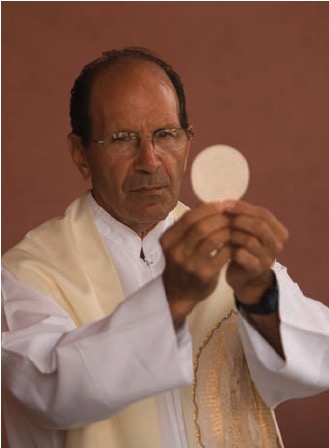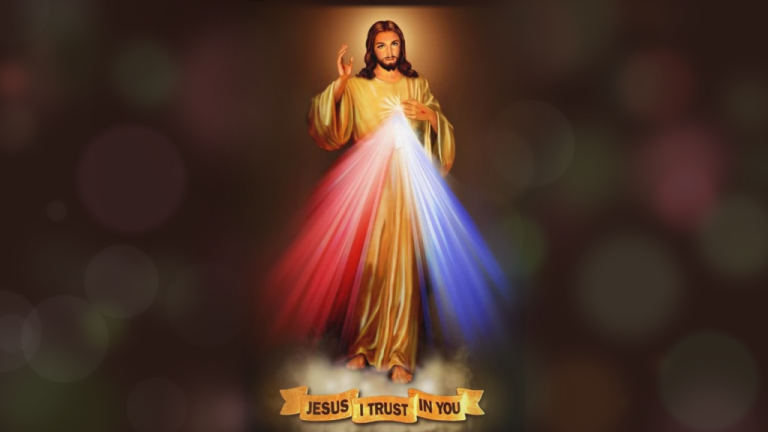We see Protestants as manifestations of God’s love. While The Church has laid out a path we strive to follow through the Sacraments to Heaven, some don’t feel comfortable with it. They prefer one of the many do-it-yourself approaches to God.
Most Protestants believe in The Trinity, Virgin Birth, souls, baptism, salvation, and in striving to love God and their neighbors. Many of them, frankly, are better Christians than some Catholics.
In an ideal world, everyone would be a Catholic. We would all be working together for a better life for all within a structure strong enough to provide more of a counter-balance to the state. But, it’s not an ideal world. So, a lot of people “find their own way” to get to Heaven.
Catholics, used to the help we get directly from Christ through the Sacraments, may find themselves more interested in finding flaws in others’ approaches to Christ than in making ourselves better. That’s not the most useful way to spend time.
We should be thankful that the number of faithful Catholics is matched by the number of believing Protestants. We should hope to make things better by working together against our common enemy, the corrupting viruses and the earthly realms under their dominion.
Catholic Fundamentalism suggests an analogy to make the relationship between Catholics and Protestants clearer. A giant Sequoia is more trunk than branches. We may see the huge tree as The Church. Branches grow from it. As long as they remain attached, their leaves gain nourishment from the deep roots. If a branch gets too far out, it falls off the tree.
Protestants recognize this, as well. Christians have seen Unitarians, Christian Scientists, and Jim Jones type “Churches of My Ego” falling off the trunk. It’s hard not to be aware of immutable laws at work.
Abortion is certainly a dividing line between the damned and the saved of every denomination. It’s hard to imagine that The Loving Programmer would allow people in favor of destroying innocent life into His Eternal Presence. That is a beginning.








